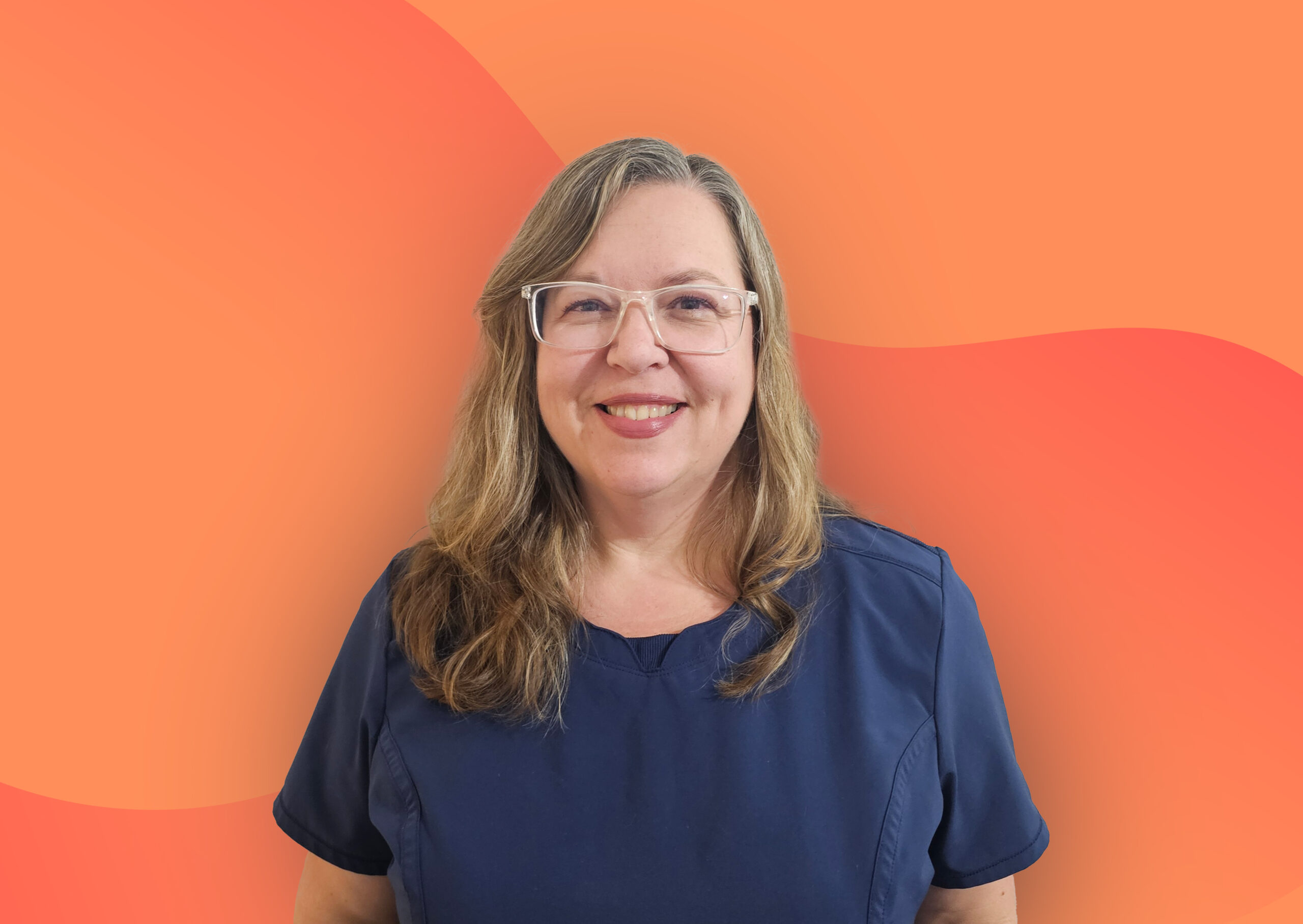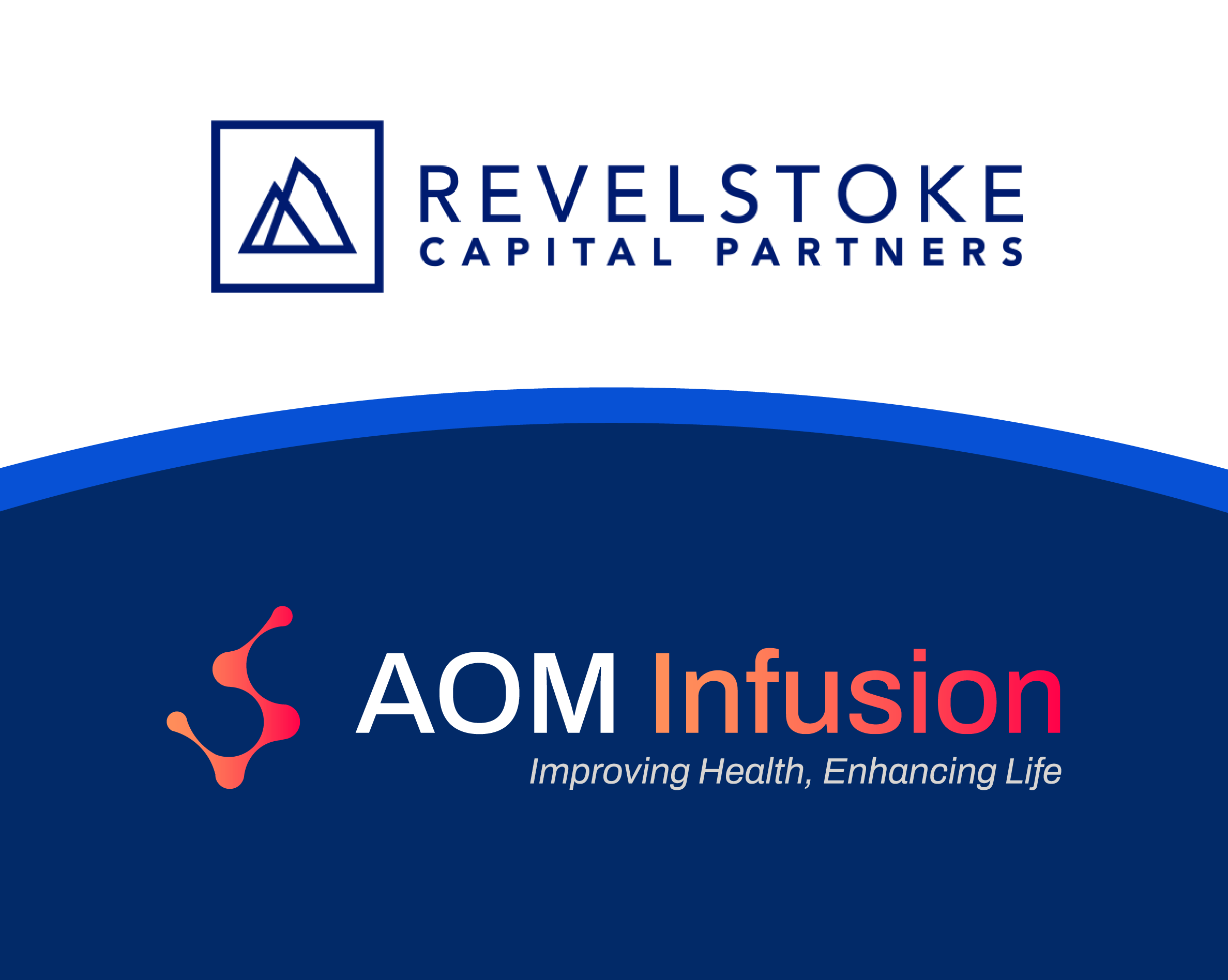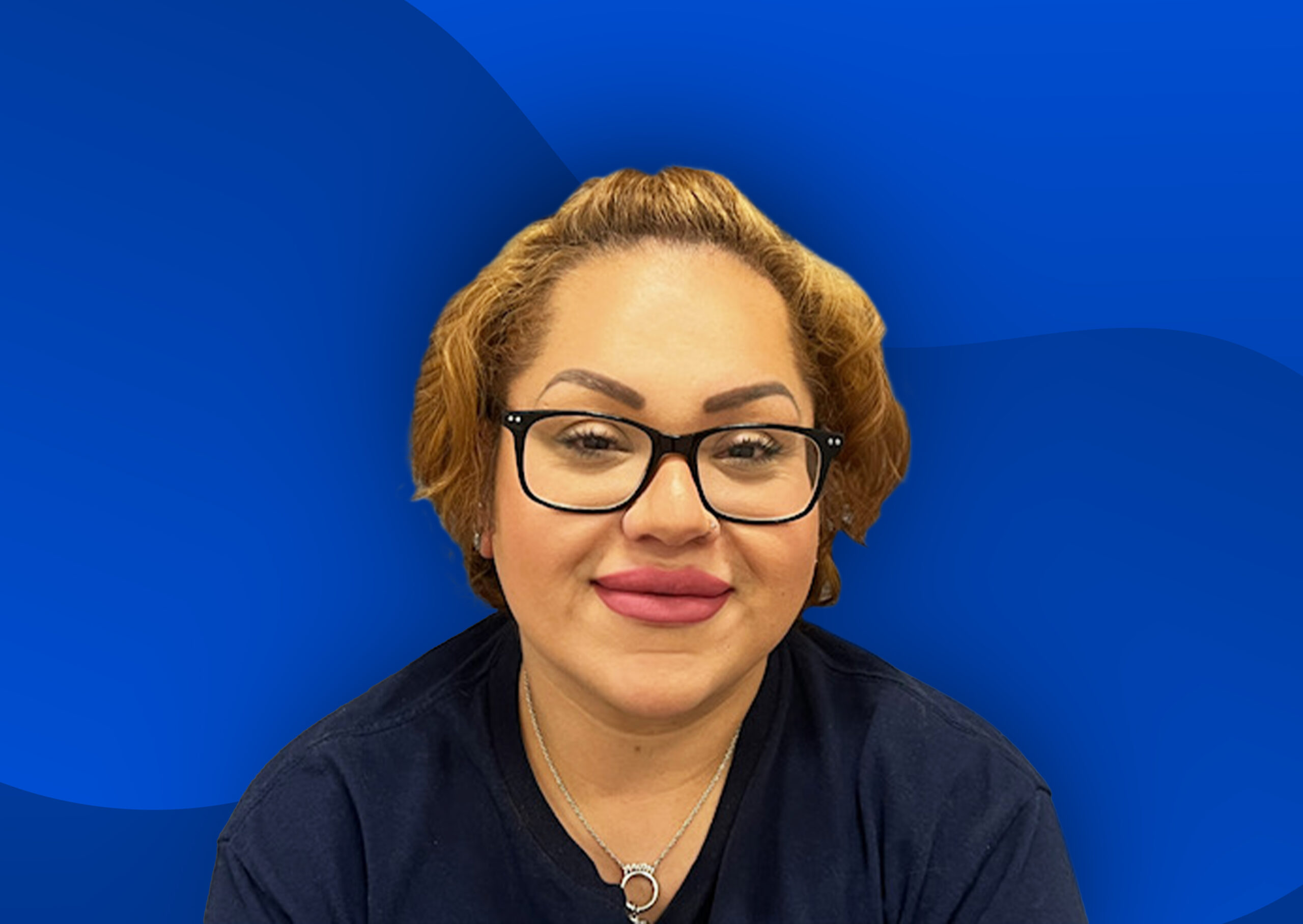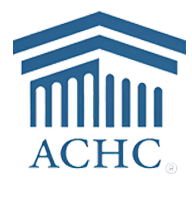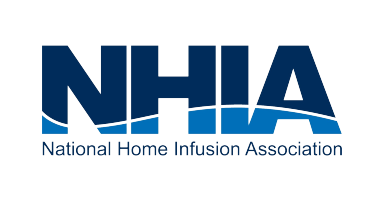Patrice Dunn, RN, BSN, CRNI, was a new mom who was struck by the compassion of her post-partum nurse. “She told me she was a recent nursing grad and really enjoyed her new job. I told her, ‘I think I can do this,’ and she said, ‘You should.’ Within three months, I had enrolled in nursing school.”
After graduation, Dunn began her nursing career in the ICU at the very hospital where she first thought about becoming a nurse. She values the opportunity the hospital setting provides for refining core skills needed for infusion nursing. “Hospitals are the place where you can really learn how to communicate, perfect your IV skills, and learn how to access a port,” Dunn advises. “Skills which are critical to infusion nursing, because once you go to a patient’s home, it’s up to you. A lack of IV and port skills can hinder a nurse who wants to be a home infusion nurse.”
Although Dunn still works in an ICU, a friend from nursing school invited Dunn to use her skills as an infusion nurse at AOM in 2018. Seven years later, she has a roster of long-time patients she cares for on a regular basis.
“Home infusion nursing is totally different from working in a hospital,” Dunn explains. “Going into people’s homes, getting to know them and helping them manage their chronic condition is so rewarding,” she notes. “I provide emotional support. I’m a sounding board, someone my patients can talk with — and they don’t necessarily always want to talk about their disease. Sometimes, it’s just about being their friend, talking about something other than illness. It’s important that patients don’t feel like their illness dominates everything. When I’m in their home, I get to know their pets, their family, and their spouses. We talk about life.”
Building Patient Trust
While conversations go a long way toward forging a bond with patients, Dunn says it’s not enough. “Yes, you have to be personable and easy to talk to, but you also have to be skilled. Honestly, the number one concern is often the nurse’s ability to successfully access an IV. Patients don’t want a nurse to show up who’s not skilled in that area.”
“Patients also want a home-infusion nurse who is knowledgeable. Often, they are looking for education, how the infusion process is done and how it works. It’s important to bring confidence when caring for your patients.”
Dunn appreciates the backup she receives from AOM when she is at a patient’s home.
“Even though you’re in the home working by yourself, you have the support of your manager, along with a 1-800 number that immediately connects you with an AOM pharmacist if you have a question, or if the patient has a question,” she says. “Even after hours, there is always access to a nurse or a pharmacist — 24 hours a day. I think that’s important, not only for nurses, but also for the patients so they are aware they have that support system, too.”
Compassion, expert skills and confidence are a trio that has made Dunn the trusted nurse of choice for many home-infusion patients. “All of my patients are individuals who I’ve treated for many years,” she says. “I still have one from when I first began with AOM in 2018.”
That consistency of care is welcomed by patients who often have to navigate a gauntlet of care providers.
“When patients are dealing with a chronic condition, they are seeing a lot of different doctors, so consistency is important to them,” Dunn reveals. “Knowing that something is going to go smoothly is a relief. Most people with a chronic condition spend a lot of time dealing with health care and doctors and insurance offices that are part of the everyday reality of living with chronic illness. It’s important for them to have a health provider on their team who they can get in touch with right away — someone who will show up and do the job and get it done right.”
Certified Excellence
Perhaps there is no greater signifier that infusion therapy will be “done right” than the CRNI badge. With acronyms everywhere, it can be easy to lose sight of their meaning. But for members of the AOM Infusion team like Dunn, Certified Registered Nurse Infusion (CRNI) is a badge of honor. It represents a passion to care for people coping with complex and life-threatening diseases. It reflects countless hours of advanced studies, labs, practicals and intricate protocols — all laying the foundation for advanced certification that reflects the clinical expertise required to care for the most vulnerable patients. Infusion expertise can make a wonderful difference in a patient’s quality of life.
Dunn admits she planned on pursuing CRNI certification, but her motivation was put on the fast track in a way she never expected. During a home infusion in early 2025, Dunn’s patient and family were talking about New Year’s resolutions.
“We’re all friends, and sometimes talk about our hopes and dreams and plans. They were encouraging me to make my own list — which I never do,” she adds. “But we were all talking about what we’d like to do for the year, and getting certified was something I’d been putting off. So, I decided to go ahead and make it my resolution. Right away I got to work. The first week of January, I got the prep guide book and started studying. And by April, I’d completed my CRNI certification.”
That unexpected but meaningful give and take between patient and nurse is one of the reasons Dunn finds nursing such a fulfilling career path.
Ready to infuse your nursing career with more passion, purpose and opportunities? AOM Infusion is growing and looking for compassionate, talented nurses to join our team. We have rewarding positions open across the U.S. Visit our careers page: https://aominfusionrx.com/careers/
